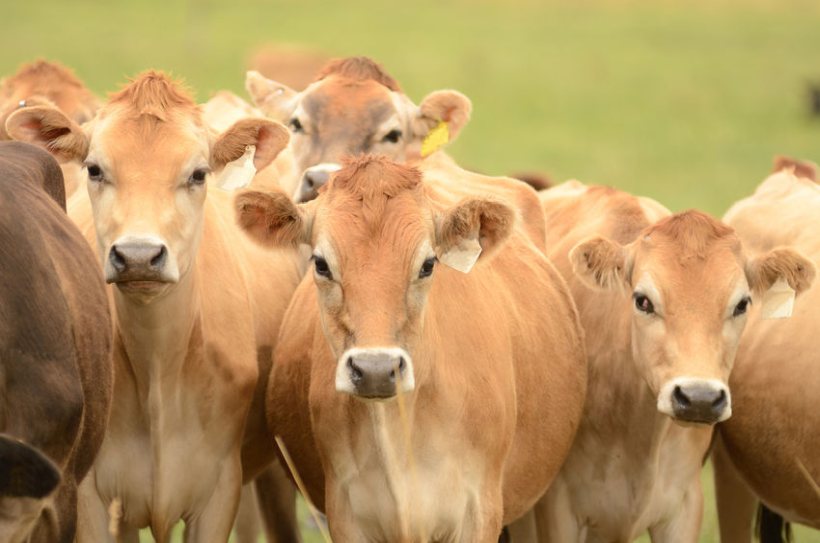
A research trial has found that feeding Jersey cows 100 percent natural oregano essential oil (OEO) feed additive helped increase milk yield.
Supplementation of cow diets with the natural feed additives was also found to lower the number of aggressive interactions per day pre-calving.
The research was undertaken by the Federal University of Rio de Janeiro, during the region's hot season.
A total of 24 Jersey cows, weighing approximately 400kg and 2.7 lactations, were split into one of three treatment groups from 21 days pre-calving to 21 days post-calving.
Body weight and body condition were measured weekly, with production and feeding behaviour assessed daily, and animal health and welfare was monitored.
Results showed that pre-calving, cows fed OEO supplemented diets visited the feed trough less often, but also had fewer visits without eating and tended to spend more time ruminating than the other dietary groups.
Cows receiving OEO supplemented diets also had significantly fewer aggressive episodes per day than the control group, with OEO fed cows demonstrating a 48% lower incidence compared to the control.
Post-calving, cows receiving OEO tended to have a higher dry matter intake, a 16% greater milk yield and a higher energy corrected milk yield than the control cows.
Vivian Fischer, a researcher on the trial said: "The trial was run to verify the effects of natural phytogenic supplementation, whilst taking into account the concerns from the public about animal health and welfare, as well as the quality and safety of animal products such as milk.”
UK specialist feed additive firm Anpario hailed the trial's results, saying OEO may help to support enhanced welfare of dairy cows during the transition period.
David Wilde, global innovation manager said: “Transition cows are particularly susceptible to increased disease challenge following disruption to feeding and social behaviours, increasing the risk of involuntary culling."
